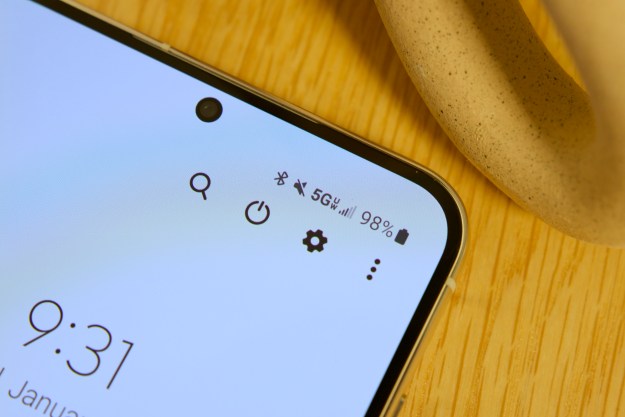The number-four U.S. mobile operator T-Mobile has formally announced that it will offer the HTC Sensation 4G, a new high-end Android smartphone the company is touting as its most powerful Android handset to date. The HTC Sensation will feature a 4.3-inch high-resolution display, a 1.2 GHz dual core Snapdragon processor, and the capability to shoot 1080p video. There’s only one hitch: T-Mobile isn’t saying a word about when the HTC Sensation will actually be on sale, or how much it might cost.

Emphasizing the that HTC Sensation will be at the high end of T-Mobile’s offerings, the company touts the phone’s performance, aluminum unibody design, and sleek look and feel. The HTC Sensation is essentially an evolution of the HTC Evo 3D, with a high-resolution 540-by-960 high-rez display measuring 4.3-inches, an 8 megapixel camera (with LED flash) that can shoot 1080p video at 30 frames per second; and it’ll be loaded with HTC’s own HTC Sense 3.0 front end on top of Android 2.3, which will include a “more cinematic” experience including weather updates with “stunning imagery” and “audible weather effects.” The Sensation will also offer basic on-board video editing so users can prep their video clips for uploading to sharing sites without needing to offload to a clunky computer. As a “4G” device, it will connect to T-Mobile’s HSPA+ mobile network and theoretically be capable of download speeds over 14 Mbps, and there’s a front-facing 1.3 megapixel camera for video chat.
Although T-Mobile isn’t saying a word about pricing and availability—just to keep an eye open over the “coming months”—industry watchers expect the HTC Sensation to launch in Europe in May, with a U.S. launch following this summer.
Editors' Recommendations
- Have T-Mobile? Your 5G service is about to get much faster
- T-Mobile still has the fastest 5G, but its rivals are catching up
- The 5G speed race is over and T-Mobile has won
- T-Mobile’s 5G is still unmatched — but have speeds plateaued?
- The 15 most important smartphones that changed the world forever


